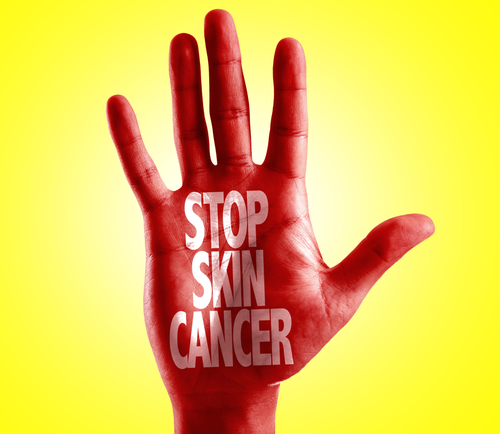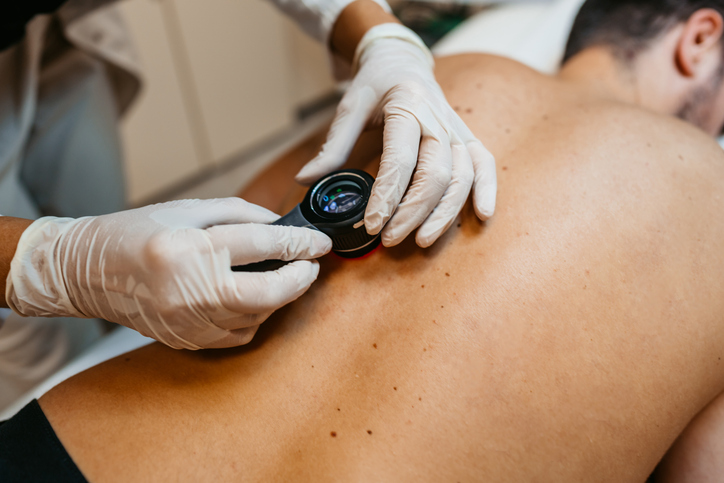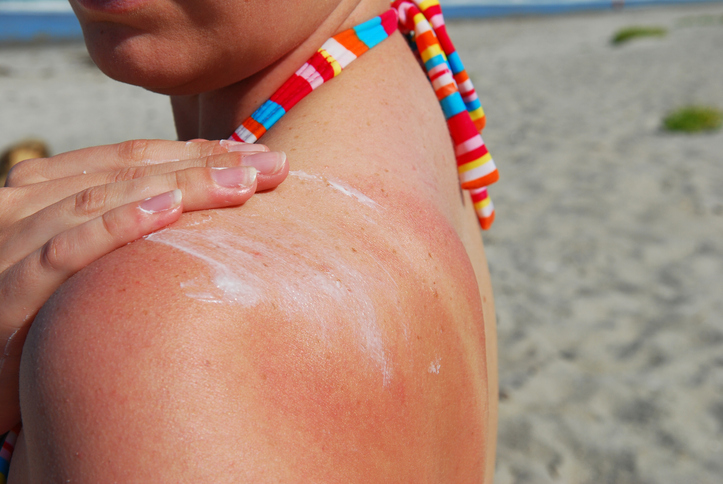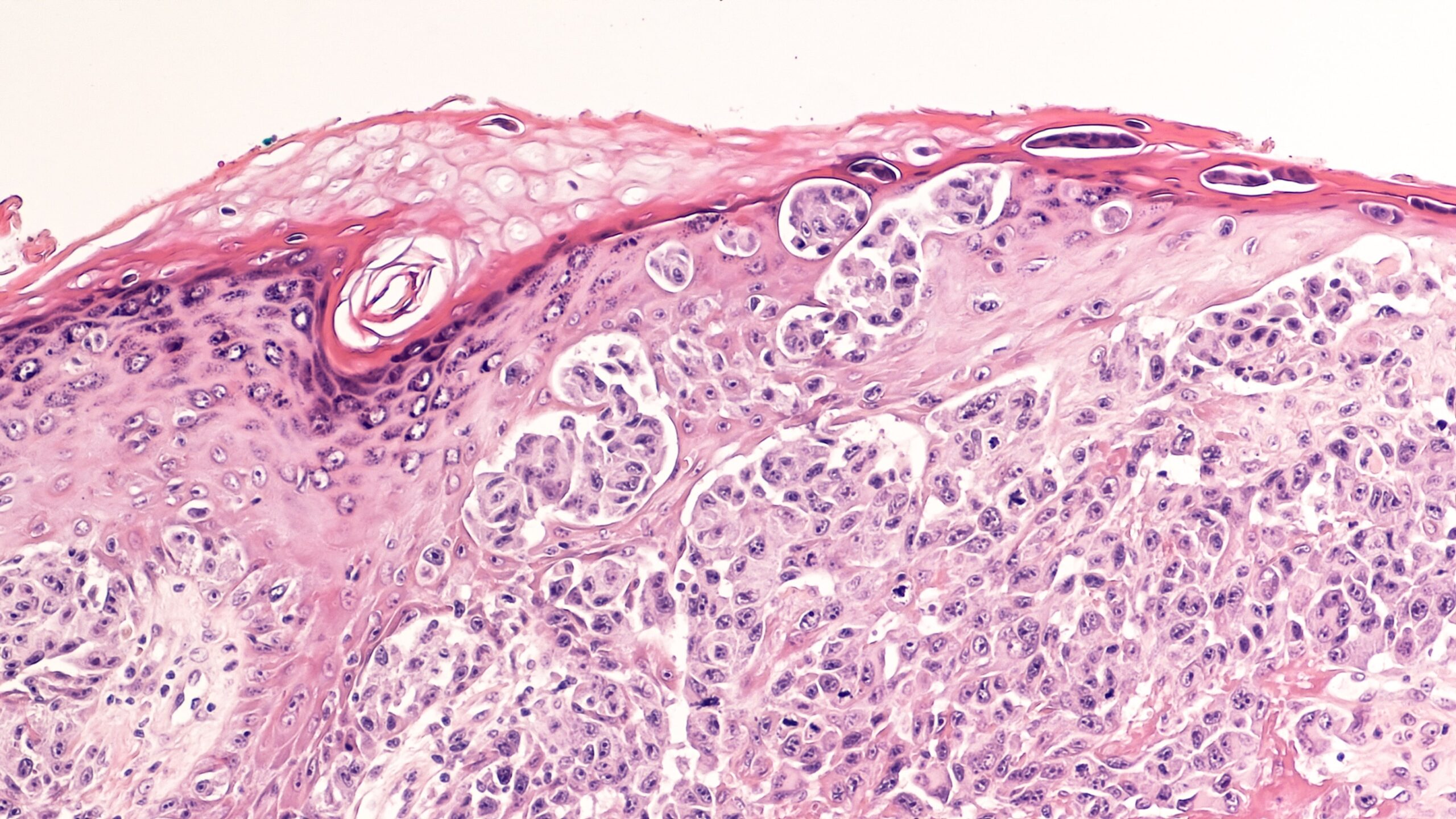
During the summer months, many people spend time outside enjoying the sunshine, but’s important to do so safely to mitigate the risk of skin cancer, which is the most common form of cancer in the United States. Research has shown that a combination of skin self-awareness and regular skin self-examinations is associated with better treatment outcomes following a skin cancer diagnosis.
In an effort to identify effective interventions to increase skin self-examinations and decrease melanoma deaths, researchers from Oregon Health & Science University, Lewis & Clark, the Fred Hutchinson Cancer Research Center, and the University of Washington conducted the first population-based survey of melanoma literacy in the United States.
Knowledge Plus Confidence Is Key
Researchers assessed results from 2326 responses to the survey of 15,000 households in Oregon, Washington, and Utah, with a goal of increasing melanoma knowledge and strengthening skin-check confidence to improve early detection and save lives.
“The study we did with Oregon and 2 other states showed that, generally, people knew that they should check their own skin, but they did not feel confident that they would be able to do so successfully,” said Brian Detweiler-Bedell, a professor of psychology and director of the Bates Center for Entrepreneurship and Leadership at Lewis & Clark, via a press release. “So, there was a gap there.”
Responses showed that skin self-exam performance was most strongly associated with higher melanoma knowledge and more self-efficacy, or confidence in one’s ability to effectively complete an action.
Analyzing Social Media Ads
Following the survey, researchers collaborated with faculty at the Center for Science Communications Research at the University of Oregon to develop and test a number of social media advertisements to increase melanoma knowledge and skin-check confidence. “If you look at the results, the true active ingredient is confidence,” said Brian Detweiler-Bedell.
“We were able to demonstrate that the combination of knowledge and confidence is important, but in particular, it is the confidence that really matters,” said Jerusha Detweiler-Bedell. “Of course, you need to know what unhealthy or potentially suspicious moles look like. But you might ignore or just not even try to check your own skin if you don’t first believe in yourself.”






 © 2025 Mashup Media, LLC, a Formedics Property. All Rights Reserved.
© 2025 Mashup Media, LLC, a Formedics Property. All Rights Reserved.